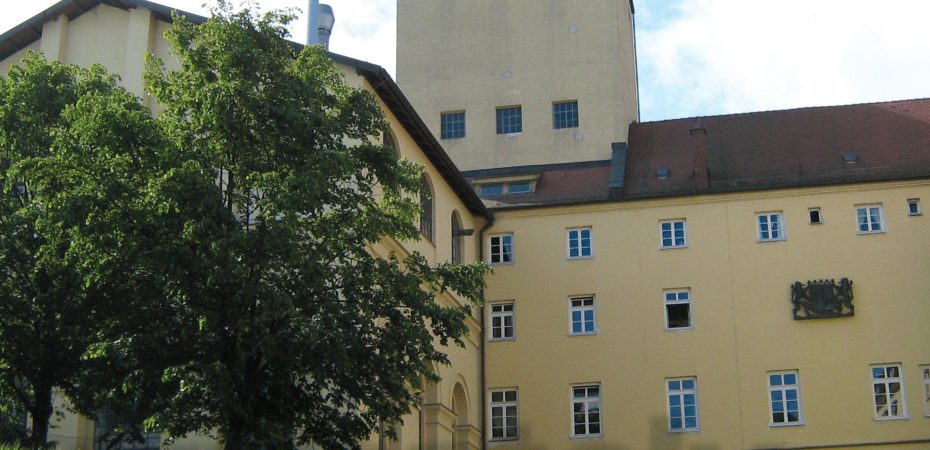We think of lager as a modern style of beer, made possible by the industrial revolution of the 19th century that brought with it pale malt and ice-making machines. But is it possible that lager is almost as ancient as ale and dates back many centuries? This intriguing thought surfaces at a brewery near Munich where at every turn – on bottle labels, dispense founts, and logos in the brewhouse and packaging areas – you are assailed by signs announcing it is the Ältester Brauerei der Welt – the Oldest Brewery in the World.
The brewery is Weihenstephan. Records show that monks built a brewery at their monastery in Freising close to Munich in 1040 AD but they may have been making beer even earlier, as hops were grown on the site from 768.
A religious community of Irish Benedictines established the monastery on a hill in 724. They called it Weihenstephan or Holy Stephan to commemorate the first Christian martyr. The hill, with its commanding views of the surrounding countryside and the growing city of Munich – originally Mönchen, meaning ‘the monks’ place’ — was ideal for brewing, as beer could be stored in deep cellars beneath the monastery.
Could it be that the first lager beer may have been the work of Irish monks stationed in Bavaria? Lager means ‘storehouse’ in German – similar to the English word ‘larder’ – and the monks would have discovered that storing their beers in cold cellars and caves beneath their monastery kept them free from spoilage during the long, hot Bavarian summers.
Weihenstephan today is a modern, professional and commercial brewery. But its history and pivotal role in brewing have not been lost. A new brewery museum, set in attractive cloistered rooms, traces its roots back to the 11th century and the many attempts to sack the monastery over the ensuing centuries.
The monastery was secularised in 1815 and control passed to the Bavarian royal family. When the monarchy fell at the end of World War I, Weihenstephan was taken over by the state and remains a government-owned enterprise, officially known as the Bayersiche Staatsbraurerei – the Bavarian State Brewery.
It’s a long way removed from a Sovietstyle, rigidly-controlled operation. Its management, led by managing director Dr Josef Schrädler, is given the freedom to develop an impressive portfolio of beers that is exported to Brazil, Britain, Australia, China, France, Israel, Japan, Russia, Scandinavia and the United States: around half of annual production is exported.
Weihenstephan is part of a complex at Freising that includes the school of brewing and agricultural science of the Technical University of Munich. A brewing school was opened in Freising in 1865 by Professor Carl Lintners and a pilot brewery for students was added in 1902. Since 1949 graduates – drawn from all over the world — have been awarded the degree of Master Brewer: one holder of the distinguished title is the British brewer Alastair Hook who runs the Meantime Brewery in London.
As well as teaching brewing skills, the faculty organises research into malting barley, new varieties of hops, how to extract the maximum amount of fermentable sugar from malt, and how the moderate consumption of beer can benefit health. The university has made a major study of how the alpha and beta acids in hops – humulones and lupulones – can help prevent cancer.
This Article is from Beers of the World Issue 20.

